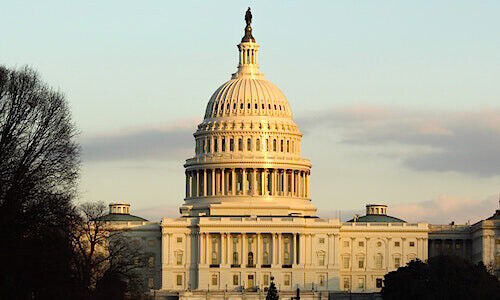U.S. Sanctions More China Officials Ahead of Alaska Talks
U.S. officials have expanded their sanction list under the Hong Kong Autonomy Act with the addition of 24 officials from the city and mainland China, just ahead of talks between the two nations in Alaska later this week.
The latest sanctions have been imposed in response to a recent decision by the National People’s Congress in China to propose a bill that will require a «patriotism» test which is expected to limit most members of the traditional opposition from participating in elections.
The bill for an election overhaul is expected to pass with no resistance as Hong Kong’s pro-democracy lawmakers resigned en masse in protest to the expulsion of some of their colleagues last year.
Expanded Sanction List
The expanded list includes individuals from various government divisions, including Wang Chen, a member of the Politburo which is one of China’s top decision-making bodies.
«Today’s update identifies 24 [People’s Republic of China] and Hong Kong officials whose actions have reduced Hong Kong’s high degree of autonomy, including 14 vice chairs of the National People’s Congress Standing Committee and officials in the Hong Kong Police Force’s National Security Division, the Hong Kong and Macau Affairs Office, and the Office for Safeguarding National Security,» said U.S. secretary of state Antony Blinken in a statement.
«A stable, prosperous Hong Kong that respects human rights, freedoms, and political pluralism serves the interests of Hong Kong, mainland China, and the broader international community.
Beijing Response
Interestingly, reports emerged hours after the newly announced sanctions saying that Chinese officials were hoping that the upcoming Alaska talks between the U.S.’ Blinken and national security adviser Jake Sullivan and top Chinese diplomats Yang Jiechi and Wang Yi.
According to a «Wall Street Journal» report citing unnamed sources, measures which Beijing hope will be reversed or relaxed by the Biden administration include limits on American sales to Chinese firms; visa restrictions on Communist Party members, Chinese students and state media journalists; and closure of the Chinese Consulate in Houston.
Observers speculate that the release of the latest sanctions could result in the cancellation of the upcoming meeting in Alaska.






















